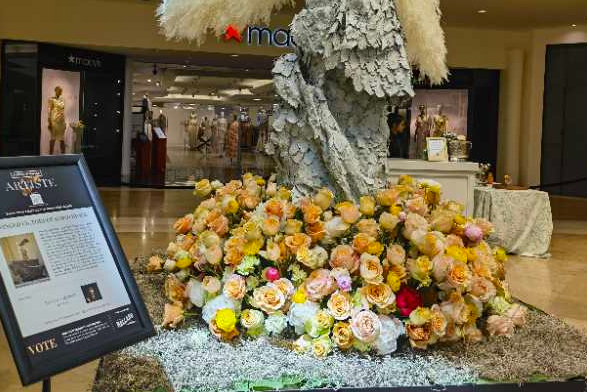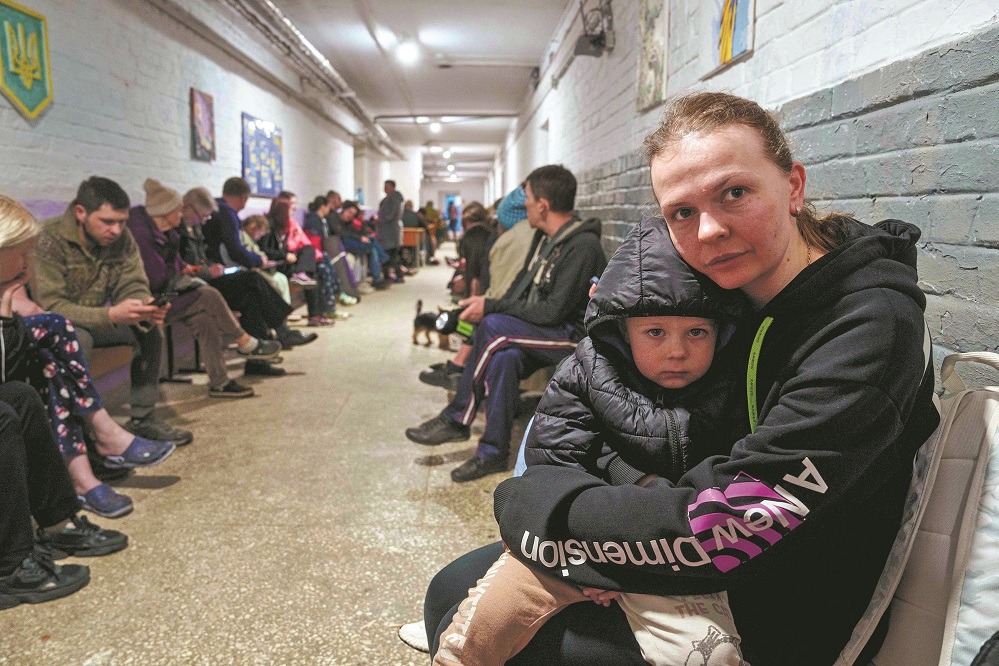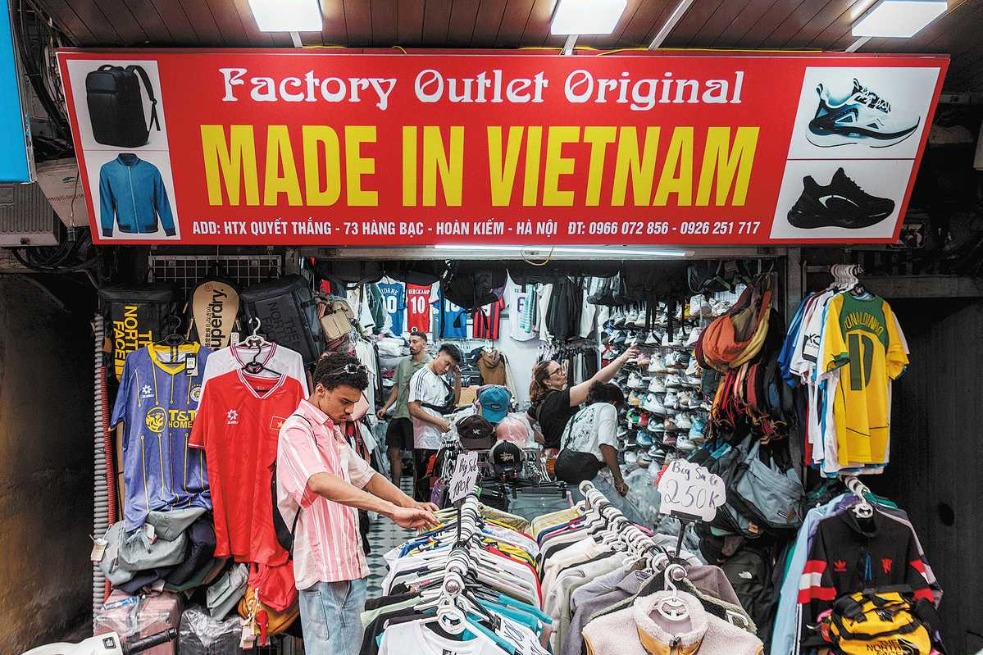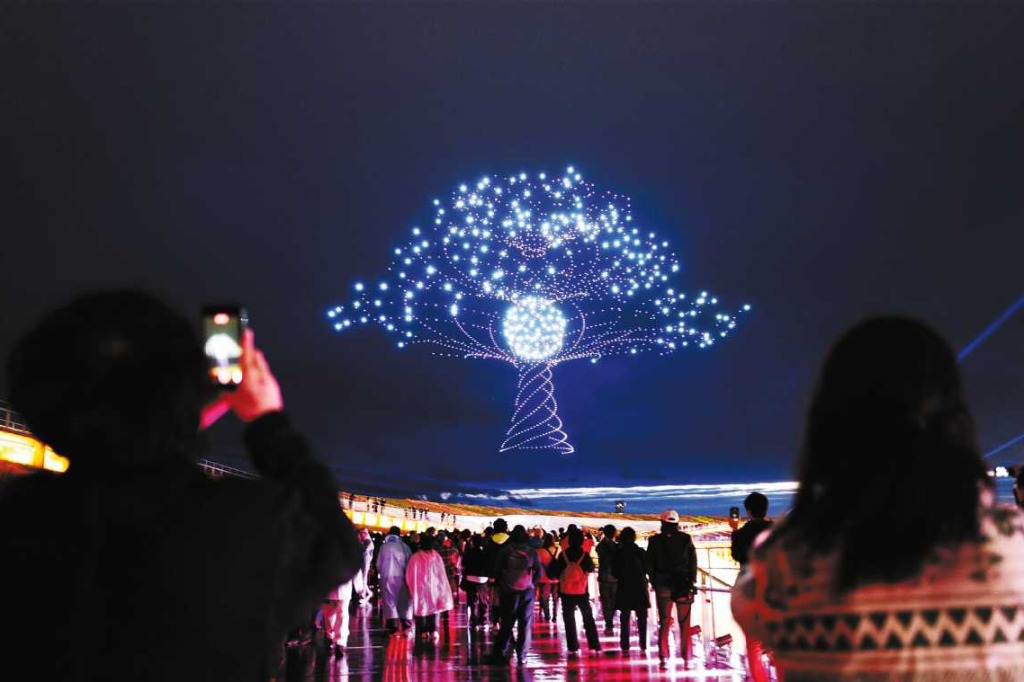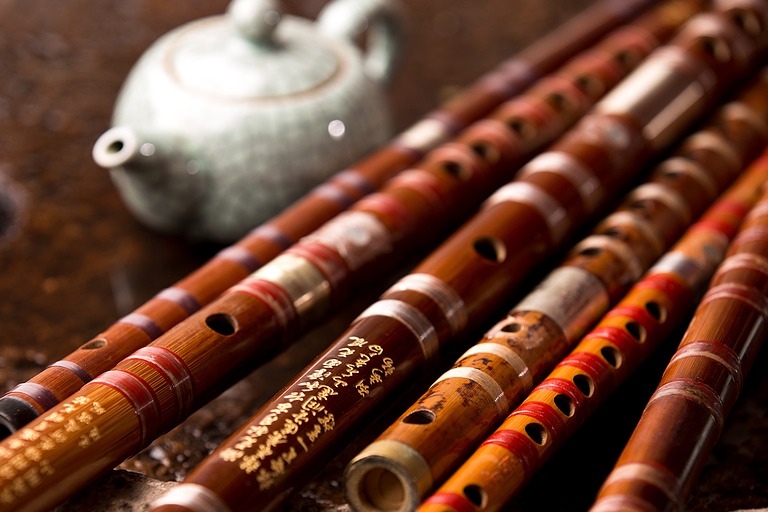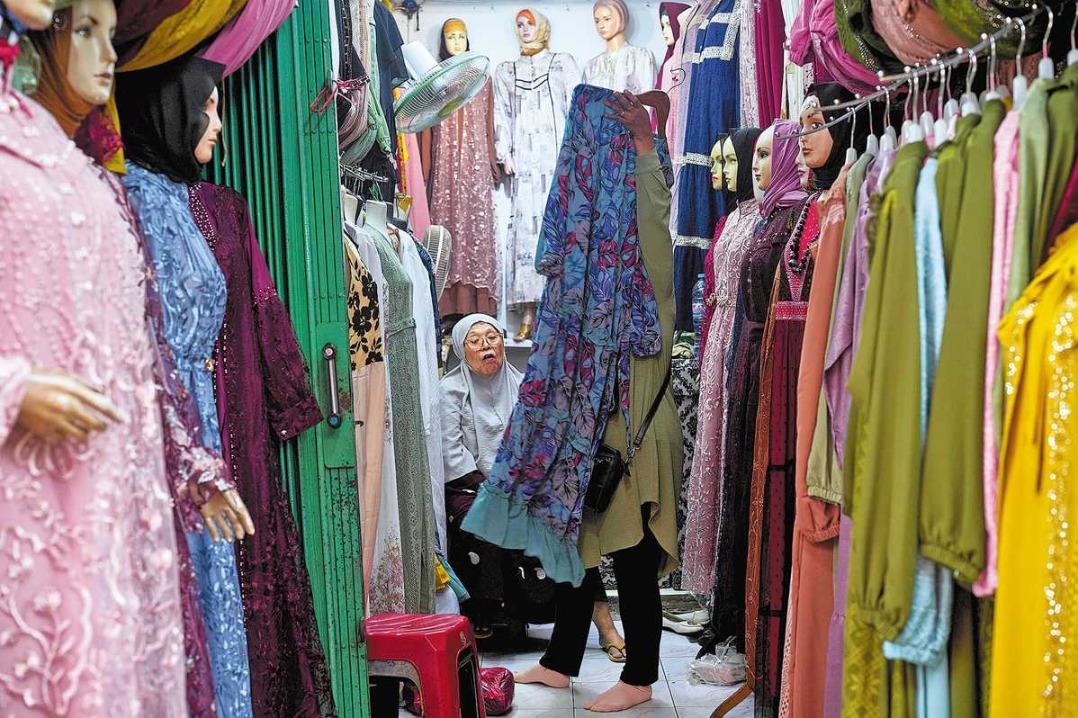Tariffs add cautious note to spring events

For Southern California residents, the arrival of Fleurs de Villes — a global floral exhibition — and the annual Spring Garden Show at South Coast Plaza marks more than just a festive season. Together, the events have become a cherished springtime tradition, celebrating floral artistry, community spirit and cultural expression.
But this year, alongside the bright blooms and captivating displays, there's a growing concern about the economy.
Karen Marshall, co-founder of Fleurs de Villes, which features a Downton Abbey theme this year, expressed concern about the rising cost of flowers, particularly those imported from overseas, which are now subject to tariffs.
"We're definitely keeping a close eye on the situation," Marshall told China Daily at the show's opening event on Wednesday. "We make a strong effort to incorporate locally grown flowers whenever possible, not only to support local growers but also to mitigate rising costs.
"However, the reality is that many of the flowers we rely on — especially the more exotic or out-of-season varieties — aren't cultivated domestically or aren't blooming this time of year, so we do rely on imports," she said.
Marshall said that despite the challenges, the organization is committed to working with regional suppliers to help buffer the impact. "We're doing everything we can to work with local partners and avoid the tariff-related price hikes, but the pressure is real. We want to ensure our shows remain both stunning and accessible," she said.
The show's elaborate floral installations extend into the retail halls of South Coast Plaza — the largest shopping center on the West Coast — including at high-end boutiques such as Max Mara. One of the show's most popular photo spots features a floral-adorned storefront, drawing visitors into the Italian fashion house's seasonal offerings.
While Max Mara is globally recognized for its Italian heritage and design, some of its garments, such as tops and sweaters, are manufactured in China. The company has built a strong presence in the Chinese market, with more than 400 stores nationwide, collaborations with Chinese artists, and a digital strategy specifically designed for local consumers.
"We're not in favor of the tariffs — they're already impacting our supply chain," said Anita, a salesperson at the store. "One of our major manufacturers is based in China, so when tariffs go up, it directly affects our cost of brand. That eventually trickles down to our customers, whether through higher prices or reduced inventory."
She noted that while the brand is working to absorb some of the rising costs, maintaining the same level of service and product availability is becoming increasingly difficult.
Recent US tariff policies on Chinese imports continue to weigh heavily on the American retail industry.
Many tariffs introduced during earlier trade disputes remain in place, and as of April 2025, the Trump administration has raised tariffs on Chinese goods to 145 percent. The sharp increase has sparked renewed concerns — particularly for consumer-facing categories such as apparel, home decorations and electronics.
Retailers in major shopping centers like South Coast Plaza — which houses more than 250 luxury and specialty stores — have had to adjust their pricing strategies and supply chains to cope with rising costs.
The impact isn't limited to businesses alone. Consumers who face higher prices and economic uncertainty are becoming more cautious with their spending.
"I come every year with my family — it's our little spring ritual," said Linda Moreno, a teacher from Irvine. "But this time, I walked away from a few things I would have bought last year without thinking. Prices are just noticeably higher, especially for imported pottery and garden ornaments."
Vendors participating in the Spring Garden Show shared similar sentiments. Many of the decorative items — ceramic planters, artisan tools and exotic plants — are sourced from countries like China and Mexico, which are now subject to import tariffs.
"We've had to raise prices by 5 to 15 percent just to break even," said Michael Chan, who owns a boutique garden-supply stall. "Customers notice, and they're pulling back."
Wile the top 1 percent of affluent shoppers may remain unaffected, the impact of tariffs is more noticeable among HENRYs (high earners, not rich yet) and aspirational consumers. For those groups, even modest price increases can prompt them to hold off on discretionary purchases.
Michelle Dalton Tyree, director of public relations at South Coast Plaza, acknowledged that both inflation and tariffs have changed the shopping experience for many.
"We hope to bring the local community together amidst uncertainties and provide a respite from economic and political stresses," Tyree told China Daily. "The flower and garden shows are about beauty, creativity and connection — and we want people to continue finding joy here, even in challenging times."
renali@chinadailyusa.com
















